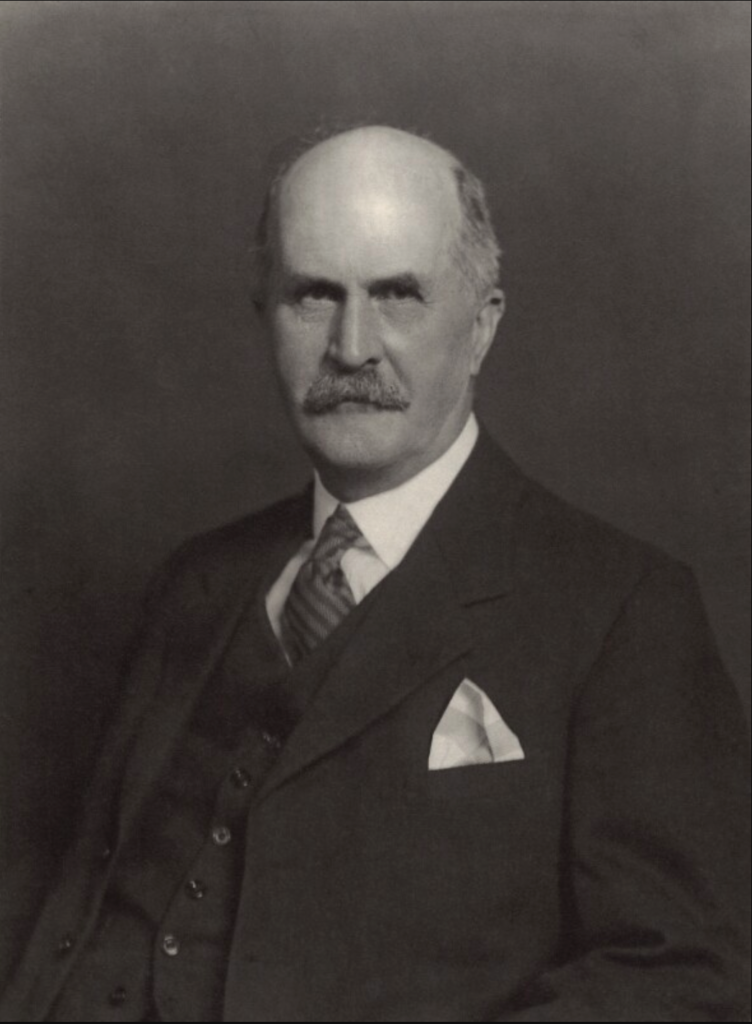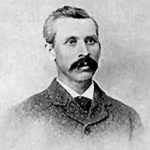Date of Birth: July 2, 1862
Zodiac Sign: Cancer
Date of Death: March 12, 1942
Biography
Sir William Henry Bragg was a pioneering English physicist, chemist, and mathematician who made significant contributions to the field of X-ray crystallography. Born in Wigton, Cumberland, England, Bragg was the eldest son of a clergyman. He attended Trinity College, Cambridge, where he excelled in mathematics and later became a professor of mathematics and physics at the University of Adelaide in Australia. Bragg’s most notable work was in collaboration with his son, William Lawrence Bragg. Together, they developed the Bragg law of X-ray diffraction, which revolutionized the study of crystal structures. Their groundbreaking work earned them the Nobel Prize in Physics in 1915, making them the first and only father-son duo to jointly win the award. In addition to his Nobel-winning research, Bragg was also an influential teacher and mentor. He held prestigious positions, including the Cavendish Professorship of Physics at the University of Leeds and the Fullerian Professorship of Chemistry at the Royal Institution. His contributions to science were recognized with numerous awards and honors, including a knighthood in 1920. Bragg’s legacy extends beyond his scientific achievements; he was also instrumental in the establishment of the British Institute of Radiology and made significant contributions to the development of radiology as a medical discipline.
5 Interesting Facts about William Henry Bragg
1. William Henry Bragg and his son William Lawrence Bragg are the only father-son team to jointly win the Nobel Prize in Physics.
2. He served as a professor at the University of Adelaide in Australia for over 20 years before returning to England.
3. Bragg was an accomplished pianist and often used his musical skills to relax and think through scientific problems.
4. He was knighted in 1920 for his contributions to science and education.
5. Bragg was instrumental in the founding of the British Institute of Radiology and played a key role in the development of medical radiology.
5 Most Interesting Quotes from William Henry Bragg
1. “The important thing in science is not so much to obtain new facts as to discover new ways of thinking about them.”
2. “It is the supreme art of the teacher to awaken joy in creative expression and knowledge.”
3. “The study of crystal structure is a fascinating adventure, and the beauty of the crystals themselves is a source of great pleasure.”
4. “Science is a journey, not a destination. Each discovery opens new pathways and reveals new mysteries.”
5. “The greatest delight which the fields and woods minister is the suggestion of an occult relation between man and the vegetable.”
Highest Net Worth Achieved
While exact figures for historical figures are often hard to determine, it is estimated that Sir William Henry Bragg’s highest net worth was modest by modern standards, likely in the range of several hundred thousand pounds, adjusted for inflation.
Children
Sir William Henry Bragg had three children: 1. William Lawrence Bragg, who followed in his father’s scientific footsteps and became a renowned physicist, sharing the Nobel Prize with his father. 2. Gwendolen Bragg, about whom less is publicly known. 3. Robert Bragg, who pursued a career outside of the scientific field.
Relevant Links
1. [Nobel Prize Biography](https://www.nobelprize.org/prizes/physics/1915/bragg-w-h/biographical/
2. [Royal Institution](https://www.rigb.org/our-history/people/b/william-henry-bragg
3. [Biography on Britannica](https://www.britannica.com/biography/William-Henry-Bragg
4. [Profile on Famous Scientists](https://www.famousscientists.org/william-henry-bragg/
5. [University of Adelaide](https://www.adelaide.edu.au/library/special/exhibitions/bragg/


